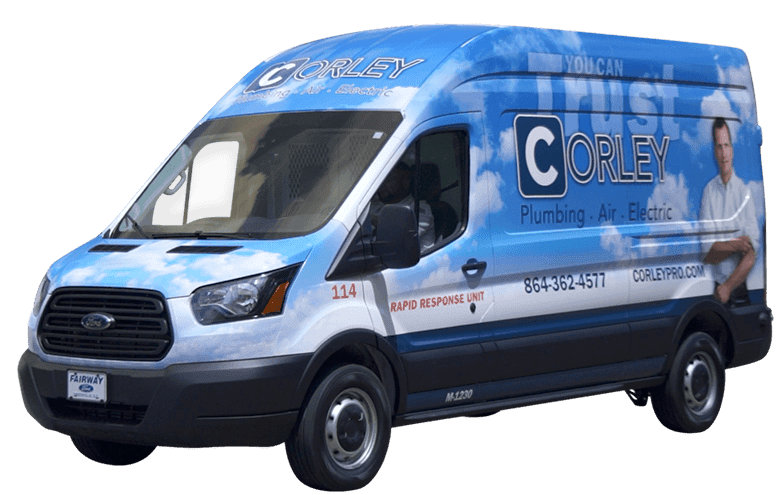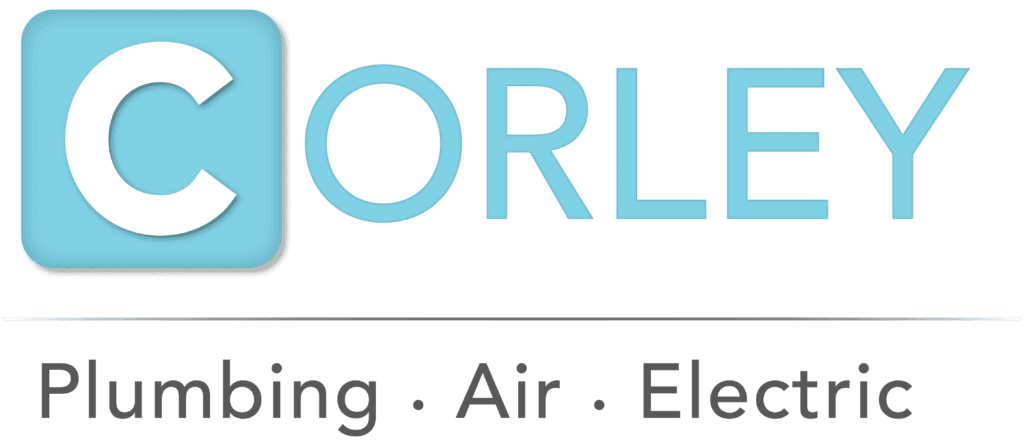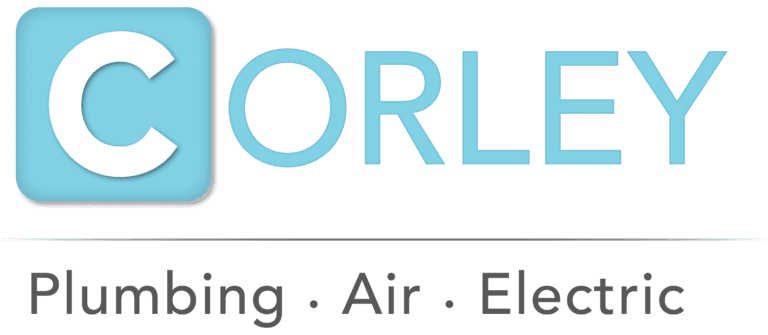Heater Repair Services in Greenville and Upstate South Carolina
South Carolina is known for its hot and humid summers, but things cool off from November to March. While places closer to the coast experience more mild winters, upstate South Carolina is more prone to chillier temperatures with lows reaching below freezing. This is when you want to rely on a properly functioning heating system to keep you and your family warm.
Corley provides fast and reliable heating repair services in Greenville, as well as the surrounding area. Our team of expert technicians is able to assess any issues and provide a cost-effective, quick solution to any problem.
Prepare for Winter with Heater Maintenance
All heating systems are designed for long-term use. Depending on the fuel source, design, style, and level of usage, you should be able to get 15 to 25 years out of your system. The key to making sure you get as many years out of them as possible is to take the proper preventive measures.
Here is what you can do to help maintain your furnace and prepare for colder temperatures:
- Fix window gaps and install window coverings
- Change the filter on your furnace at least once every three months during colder weather
- Insulate your attic or loft to keep heat from slipping out
- Seal and insulate ducts in unused parts of the house
But you can only do so much to make sure your heater is ready.
That is why it’s important to call Corley’s Greenville heater maintenance team to inspect, clean, or repair your furnace to optimize its efficiency. Our fast and friendly team is happy to help make sure you and your loved ones are comfortable all winter long.
Heating Repair in Greenville and the Surrounding Area
When your furnace is out or acting strange, you do not want to hesitate to get it assessed and repaired. But how do you know if it’s actually something worth calling about?
Our Greenville heater repair technicians recommend calling if you experience any of the following:
- Heater is not producing warm air or turning on
- Strange noises (whistling, grinding, banging, clicking, etc.)
- Parts of the house are consistently too hot or too cold
- Unexplained increase in energy bill
If this sounds like what’s happening in your home, give Corley a call to get your home back to a comfortable temperature as soon as possible.
We understand that furnaces do not just break between 8 a.m. to 5 p.m.. In fact, that rarely seems to be the case! This is why we offer emergency heating repair to Greenville homes and businesses. Our team is equipped to answer your call–no matter what time it is.
Heating Replacement in Greenville and the Surrounding Area
Our team will always recommend the best, most cost-effective course of action to get your furnace running again. In some cases, that means replacing the entire system. For example, if your heater or furnace is over ten years old and constantly needs repairs, it’s time to install a new, updated system.
In addition to repairs, Corley also offers top-notch heater replacement services to Greenville residents, as well as many other cities in upstate South Carolina. A member of our experienced team will work with you to choose the best heating system for your unique situation. They will take into account your geographical location, budgetary limitations, and the design or layout of your home.
Don’t wait until the temperatures start dropping. Make sure your heating system is properly installed, repaired, and maintained by calling corley at (864) 659-2996 or scheduling an appointment online today.

The Corley Difference

Financing Options Available



